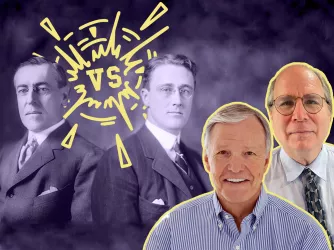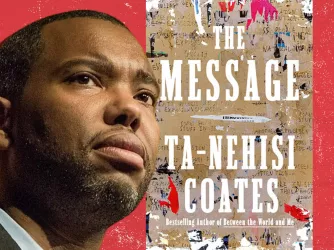Table of Contents
Columbia to Punish Violent Protestors
On December 22, Columbia President Lee Bollinger released a statement announcing the conclusion of the university’s investigation into the melee that erupted at the October 4 speech by Minutemen Project founder Jim Gilchrist. While Bollinger refrained from yielding much information—such as how many students are charged with violating the Rules of University Conduct and what the punishment will entail—he did list a series of new initiatives that the university will undertake to avoid students’ violent interruption of speech events in the future.
In addition to notifying a number of Columbia students that they will be subject to disciplinary action for interrupting Gilchrist’s speech, Bollinger announced that orientation programs will begin to extol the virtues of tolerance, that student governing procedures will be reorganized, and that events will henceforth feature enhanced security measures. Bollinger ended his statement with an enthusiastic endorsement of free speech for all points of view:
Many students come to Columbia because we are a diverse academic community in the most diverse and global of American cities. Even though this is a place of academic reflection, we have always been a place of lively engagement in the issues of our time and often a crucible for the heated debates that pervade society at large--locally, nationally, and globally. We all know that words can cause pain and discomfort. And every idea poses a risk of action, for good or bad. But what is hard to learn and hard to live by is the single idea that words are the better way in which to work through conflict and danger. This is certainly true for universities, but also for healthy, free societies.
Still, news sources implied that Bollinger’s statement leaves much to be desired. The New York Post ran a story criticizing Bollinger’s timing, stressing that the pre-Christmas release ensured that Columbia would avoid intense media attention. The New York Times also reported that some students would have liked to know more about the university’s actions; Columbia’s College Republicans President Chris Kulawik told the Times that “We still don’t know what avenues they are pursuing and whether they are taking any major action.”
Recent Articles
FIRE’s award-winning Newsdesk covers the free speech news you need to stay informed.

Wilson vs. FDR: Who was worse for free speech?
Podcast
Woodrow Wilson or Franklin D. Roosevelt: which president was worse for free speech? In August, FIRE posted a , arguing that Woodrow Wilson may be America's worst-ever president for free speech. Despite the growing recognition of Wilson's...

Right, left, and in-between: Can we bring our differences to the table?

How to survive Thanksgiving
